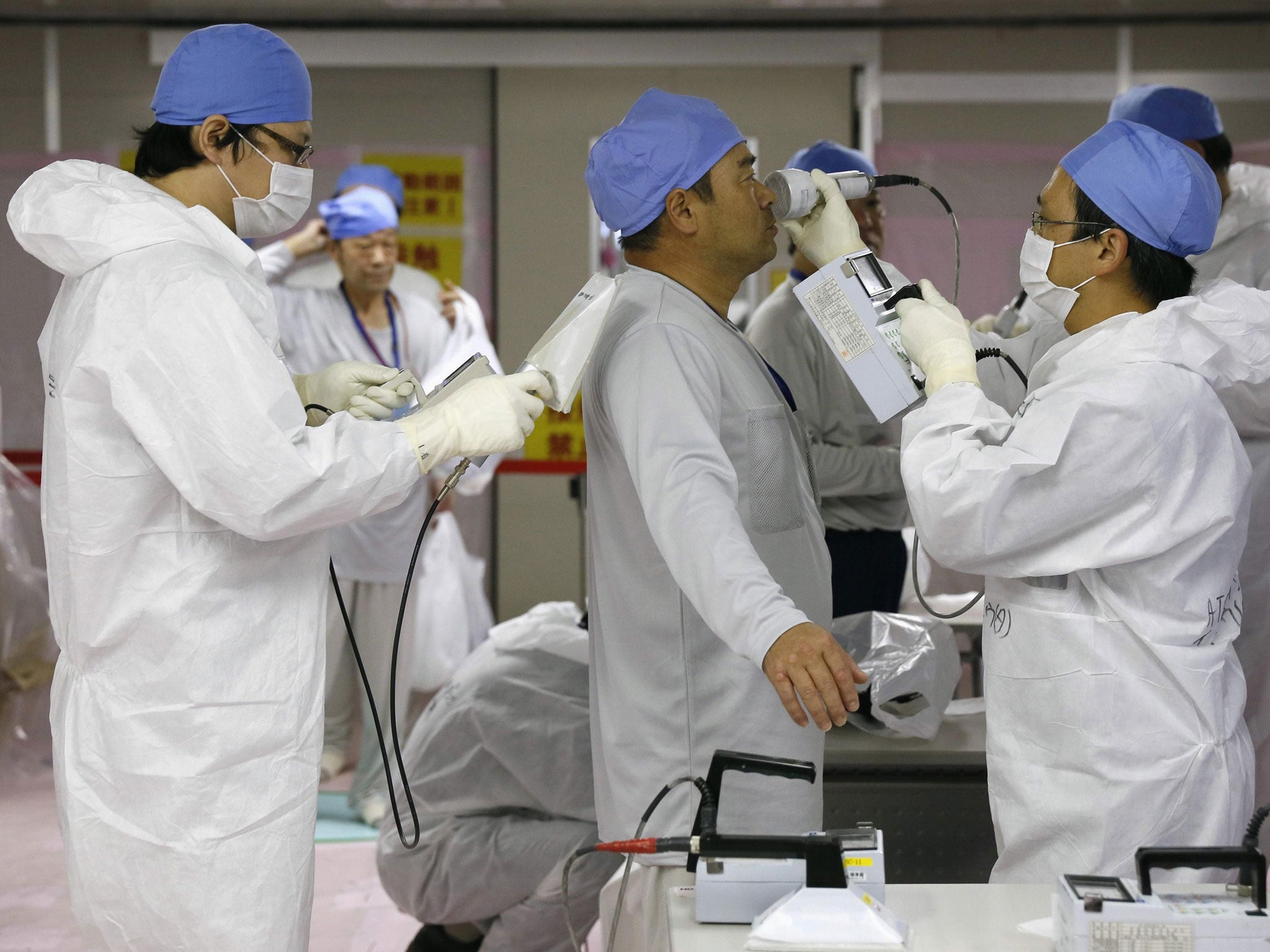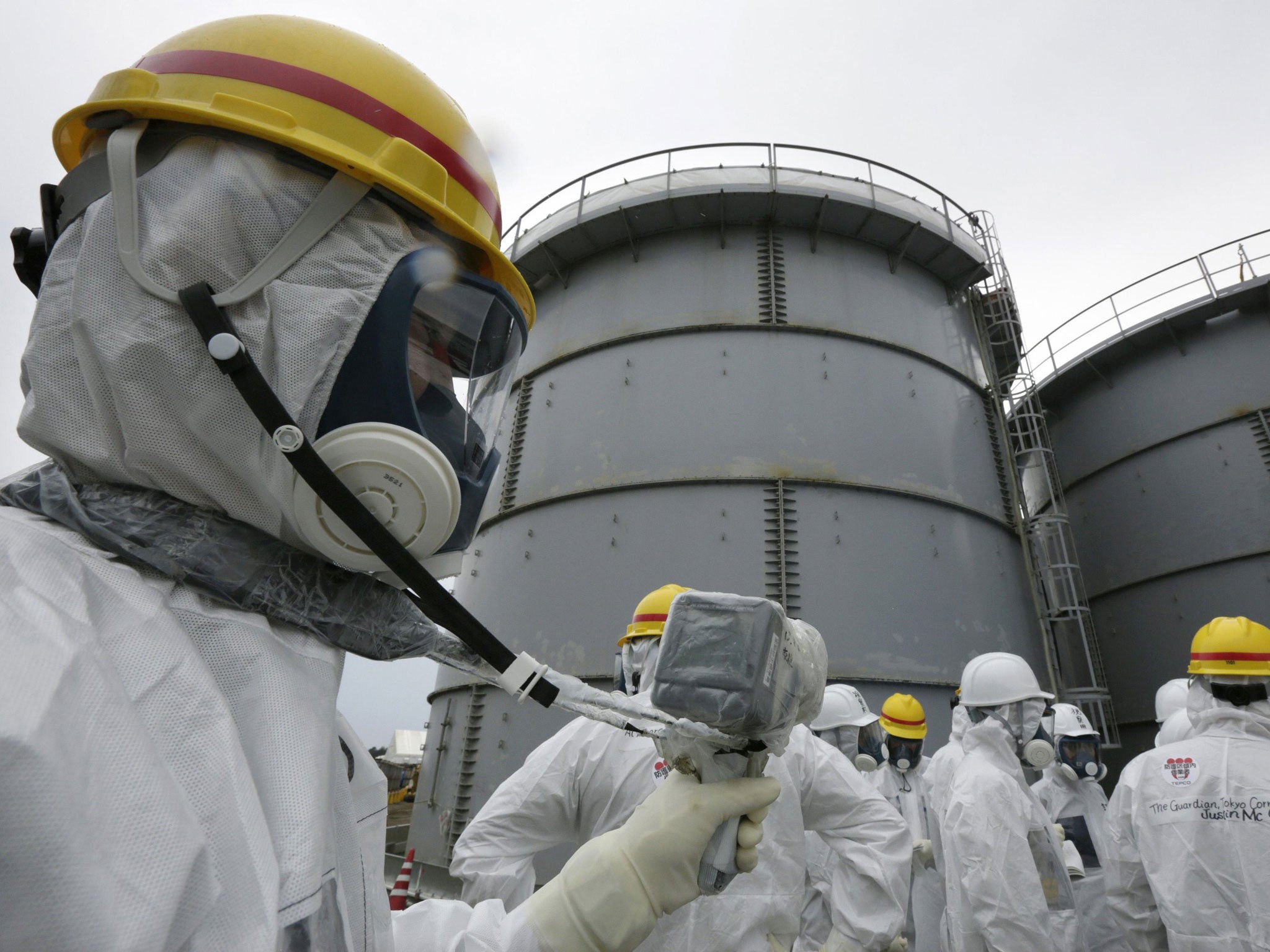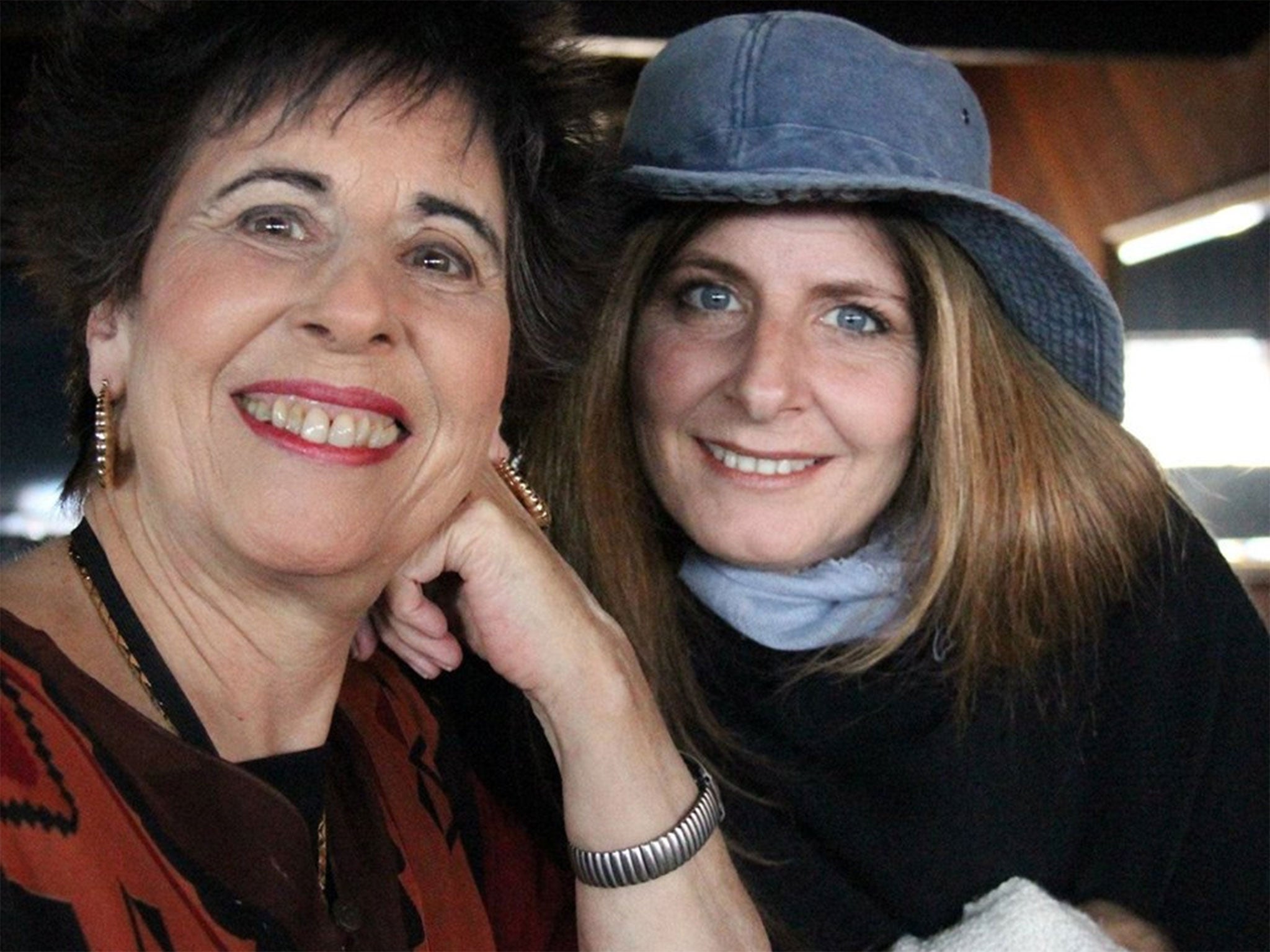The Israeli scientist who's poisoning herself to find a vaccine for nuclear radiation
Some experts say Professor Brenda Laster's theory is 'wild and actually dangerous', but she's so confident she has been delivering low level toxins to herself for six years
Your support helps us to tell the story
From reproductive rights to climate change to Big Tech, The Independent is on the ground when the story is developing. Whether it's investigating the financials of Elon Musk's pro-Trump PAC or producing our latest documentary, 'The A Word', which shines a light on the American women fighting for reproductive rights, we know how important it is to parse out the facts from the messaging.
At such a critical moment in US history, we need reporters on the ground. Your donation allows us to keep sending journalists to speak to both sides of the story.
The Independent is trusted by Americans across the entire political spectrum. And unlike many other quality news outlets, we choose not to lock Americans out of our reporting and analysis with paywalls. We believe quality journalism should be available to everyone, paid for by those who can afford it.
Your support makes all the difference.A retired medical professor thinks she has discovered a method for vaccinating against the effects of a nuclear fallout – and has been slowly poisoning herself in a bid to prove it.
Professor Brenda Laster’s theory, so far tested only on herself and mice, is that the body can be taught to react to radiation in the same way that traditional vaccinations can teach it to react to diseases.
Studies from nuclear disasters such as Chernobyl and Fukushima have shown that high doses of radiation cause the body to produce large and ultimately fatal quantities of hydrogen peroxide.
But experts say that less research has been done on lower doses of radiation – if, for instance, a person was an intermediate distance from the fallout itself.
Before Professor Laster retired, she was the director of the radiology lab at the Department of Nuclear Engineering at the Ben-Gurion University of the Negev in Israel.


And she believes that delivering the body small doses of hydrogen peroxide, over a long period of time, would teach it how to respond in the event of a much larger attack.
Speaking to the Times of Israel, she said she had documented “an immune response” in mice three weeks after they began drinking water laced with hydrogen peroxide.
She is so confident in her theory that she started taking the solution too, up to five drops a day, “the day [we started] giving it to the mice”.
She said: “No one understands this concept. No one makes the connection between radiation viruses and bacteria and so on. People just don’t do it.”

According to the university where she taught, Professor Laster’s laboratory was set up to investigate “the biological effects of exposure to low-dose ionising radiation” in 2010 with a $500,000 donation.
That funding has now run out, however, and Professor Laster needs more money if she is going to get more mice to progress with her research.
But not everyone thinks the avenue of investigation is worthwhile. Dr Zvi Symon, the director of the Sheba Medical Center’s radiation department, told The Times the theory “sounds wild”.
“Exposing people to small amounts of radiation or to free radicals is a wild and actually dangerous, probably, idea,” he said. “I don’t think it has any scientific merit.”
Join our commenting forum
Join thought-provoking conversations, follow other Independent readers and see their replies
Comments